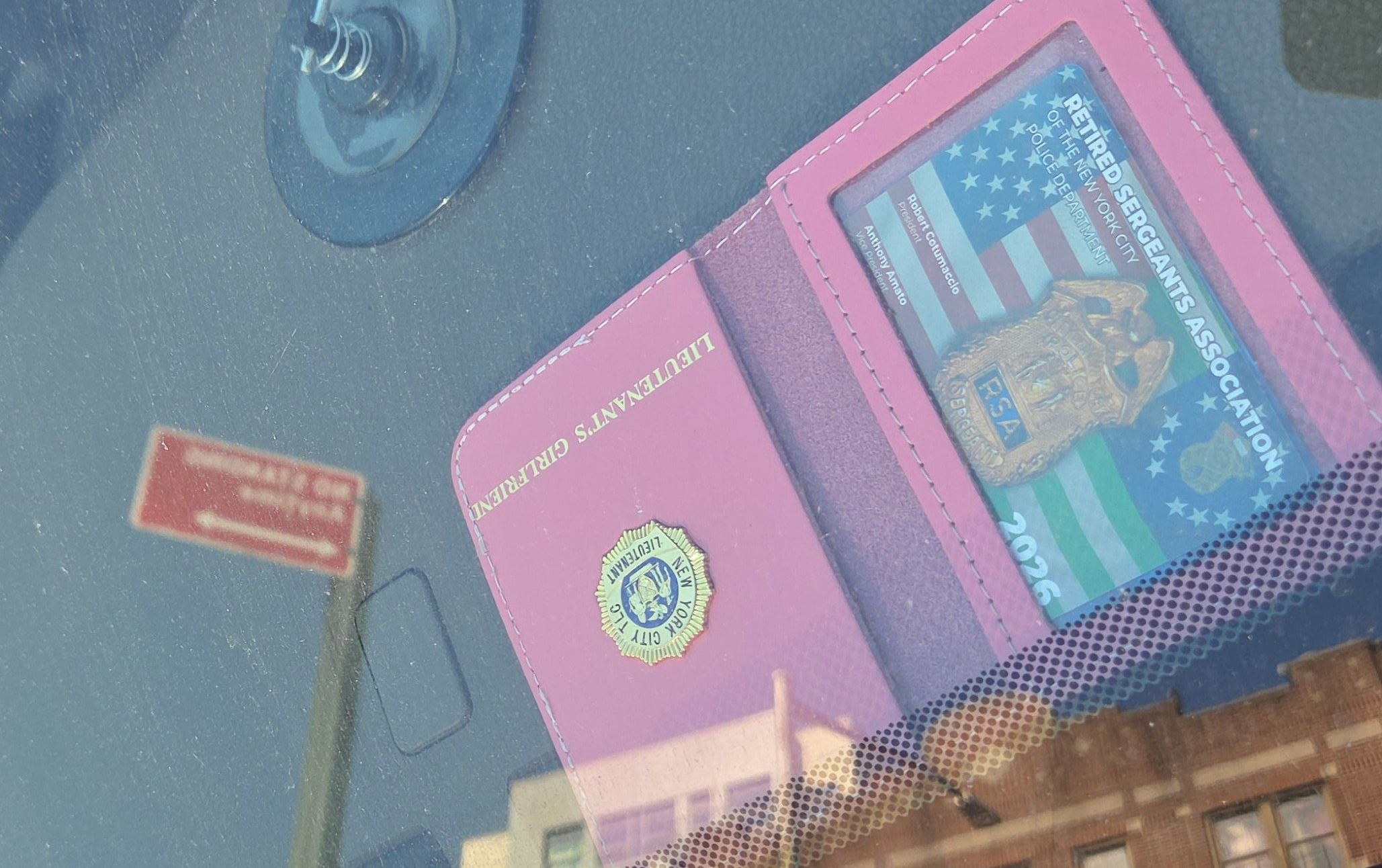Sewell Chan at City Room has this morning's news. Here are some excerpts from his report:
The secretary of transportation announced this morning that the federal government will provide New York City with $354 million to implement congestion pricing in New York City, if the State Legislature acts by March 2008 to put in effect Mayor Michael R. Bloomberg's proposal for charging traffic fees in Manhattan.
The announcement is a major step forward for Mayor Bloomberg's plan, but it does not guarantee that the congestion fees will pass muster with Albany and the City Council. Ms. Peters singled out the mayor for praise at a 10 a.m. news conference in Washington:
The average New York commuter now spends 49 hours stuck in traffic every year, up from 18 hours in 1982. While some may be content to accept growing gridlock as a way of life, Mayor Bloomberg is not going to let traffic rob the Big Apple. He has stepped forward with a plan as brass and bold as New York City itself. New Yorkers must understand that we must stop relying on yesterday's ideas to fight today's traffic jams.
As Ms. Peters noted, the congestion pricing proposal still faces several hurdles. The State Legislature has created a 17-member commission to evaluate, by March 2008, a host of traffic mitigation measures, including congestion pricing, and come up with recommendations. That commission must give assent to the mayor's plan - and the State Legislature and the City Council must act as well - before the proposal can go forward.
To receive the $354 million, Ms. Peters said, the commission must agree to a traffic plan that meets the "same performance goals" as Mayor Bloomberg's plan. Ms. Peters made it clear that she believed congestion pricing was an essential element of that plan, saying "it would be difficult for them to meet those performance objectives" if the commission arrives at a plan that is "substantially different" from the mayor's.
Ms. Peters announced the completion of an eight-month process to dole out more than $1 billion in federal traffic-mitigation grants. New York City was one of 26 communities around the country that submitted the proposals for Urban Partnership Agreements, part of a National Strategy to Reduce Congestion. Five communities were chosen. Ms. Peters said she would announce the four other recipients of the money later today.
Ms. Peters said that Mayor Bloomberg's proposal differed from any previous proposals for curbing traffic because "the emphasis is on results." She added:
Unlike building new roads, this plan can be implemented quickly and will have almost an immediate impact on traffic. That's something our current approach has failed to deliver. It seems the only thing growing faster than transportation spending - which has doubled since 1991 - is traffic congestion along our cities and highways. Mayor Bloomberg is that rare politician willing to take on taboo topics like congestion pricing, because he knows that commuters need solutions that work, not promises that do not.





